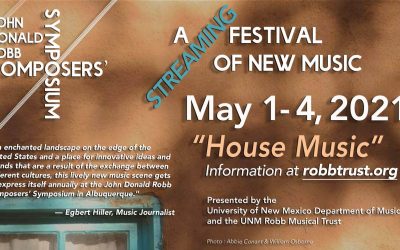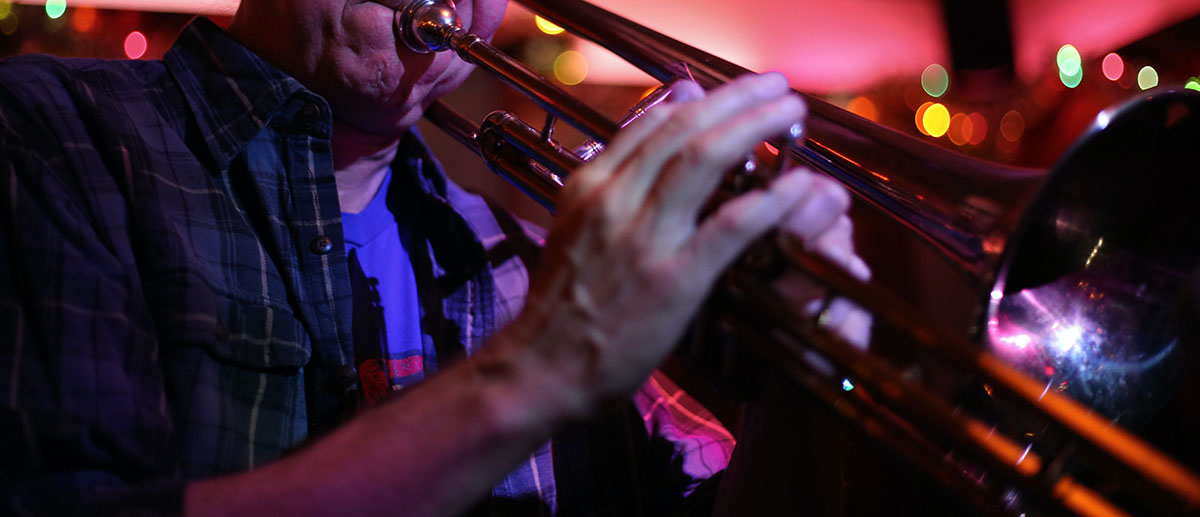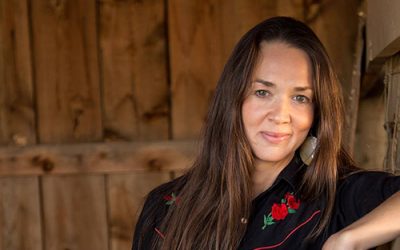Flutist Camilla Hoitenga will be in town and on campus from Thursday, October 22nd to Monday, the 26th. She will be working with the flute students, composition students, coach the NMNM flutist on a piece by Saariaho, and work with composition professor Karola Obermueller on her flute solo piece for a studio recording for the upcoming WERGO portrait CD.
Camilla Hoitenga is at home on stages all over the world, performing in venues as diverse as Carnegie Hall in New York, the Royal Festival Hall in London, the Kremlin in Moskow and the Forbidden City in Beijing, China, playing not only the C-flute but also the alto, bass, and piccolo flute and other varieties of her instrument.
In addition to her intensive collaborations with Saariaho, Köszeghy and Stockhausen, she has had pieces dedicated to her by wide range of composers, including Donnacha Dennehy, Christopher Fox, Miyuki Ito, Anne LeBaron, Arvydas Malcys, Michele Rusconi, Oliver Schneller, Helena Tulve, Jovanka Trbojevic, Andreas Wagner, and Bryan Wolf.
THE JOHN DONALD ROBB COMPOSERS’ SYMPOSIUM 2021 “HOUSE MUSIC”
THE JOHN DONALD ROBB COMPOSERS’ SYMPOSIUM 2021 “HOUSE MUSIC”STREAMING FESTIVAL OF NEW MUSIC May 1 – May 45 – 8:30 PM Since 1972, the internationally renowned symposium has brought composers and musicians from around the world to UNM for a series of public concerts and...
Dr. Karl Hinterbichler receives the Ken Hanlon Award from International Trombone Association
Dr. Karl Hinterbichler receives the Ken Hanlon Award from International Trombone Association The Kenneth Hanlon Award recognizes an individual that contributes greatly to the InternationalTrombone Association (ITA) and the trombone world with a spirit of generosity...
Dr. Kristina Jacobsen wins award for an article
Dr. Kristina Jacobsen wins award for an article The article ‘Don’t Even Talk to Me if You’re Kinya’áanii [Towering House]’: Adopted Clans, Kinship, and ‘Blood’ in Navajo Country” was awarded “the most thought-provoking article in Native American and Indigenous Studies...



